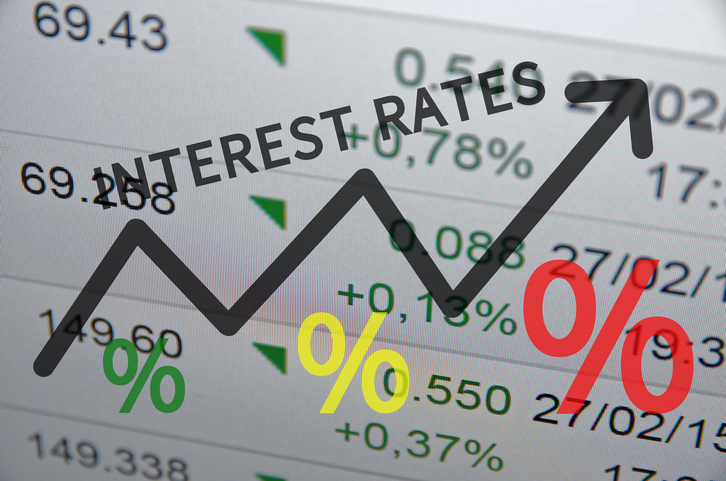
Auto loans are more complicated than just one person or group lending a buyer money to buy a car. There are stipulations to put in about how long of a time period the loan is good for, how many months can pass until interest begins accruing, and other important elements to consider and negotiate.
One of the most important decisions that can be made about the terms of an auto loan is whether the interest rate is to be fixed or variable. This one decision can have a number of important effects on the car buying experience, and is something that should be considered carefully before a purchase is made.
Want to learn a little more about these two kinds of loans before entering a career in auto financing? Here’s what you need to know.
Fixed-Rate Loans Are Stable, But Not the Best Choice When Interest Rates Are Low
In auto loans, as in the rest of finance, the greatest rewards go to those who take the greatest risks. Fixed loans, though, are about as risk-free as it gets. With these loans, a negotiated interest rate is established, and applies to payments for every month of a loan. The result is that a buyer who chooses a fixed-rate loan will make payments in the exact same amount for every month of their loan. This offers the benefit of predictability, but little other upside.
Fixed rate loans are a good choice in times of unpredictability, when speculation suggests that interest rates could go up, or for those clients who are extremely averse to risk. If you work in auto loans after your automotive F&I manager training, expect to see a fair number of your future clients opt for fixed-rate loans for these reasons.
Variable-Rate Loans Are Unstable, But Can Actually Save Money Over Time
Variable-rate loans are tied to the national interest rate, meaning that they can change as the economy changes. In times where interest rates fall, this can be a great benefit to purchasers, and lead to a significantly lower amount of money needing to be repaid. In 2017 in Canada, however, interest rates climbed for the first time in many years, and could go even higher in the future.
The effect that rising interest rates have on auto repayments is pretty interesting, and could lead you to see significant consequences after completing automotive business manager training. While loans can be structured so that an increase in the interest rate results in an increase in the amount the buyer needs to pay back each month, that’s not typically what happens. Instead, the length of the repayment period gets extended, meaning buyers are left to repay their car loans for a longer time period than they might have anticipated when making their purchase.

Perhaps unsurprisingly, unstable variable-rate loans are less popular among Canadian car buyers than fixed-rate loans are, and the rising potential for future interest rate increases means that the trend is likely to continue. It’s possible that in a future career as an F&I specialist, you would seldom issue variable loans to customers buying cars with loans from your place of work.
Are you interested in taking a career in the financial side of the auto industry?
Contact Automotive Training Centres to learn more about completing F&I training in Toronto!

